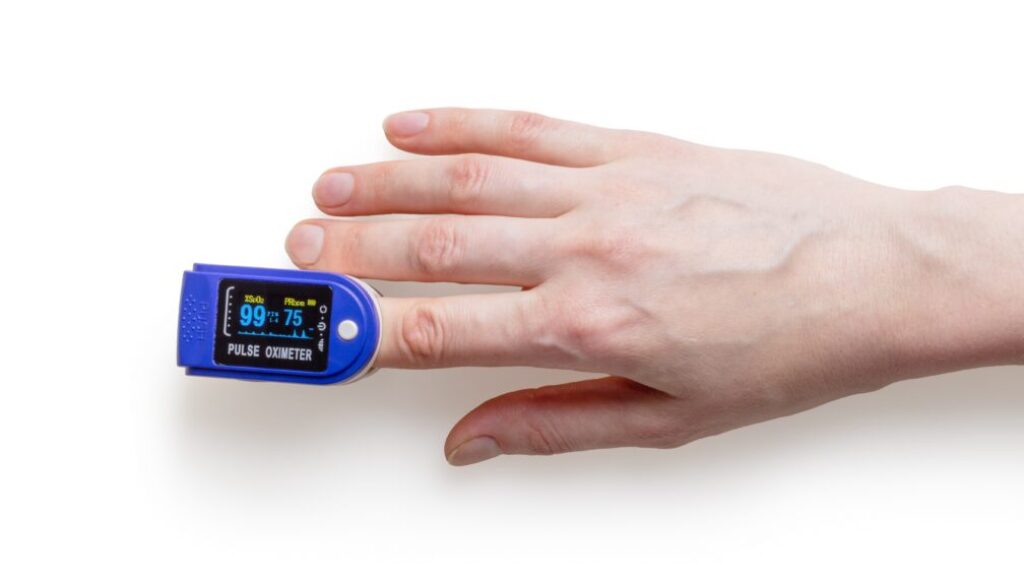Introduction
The rapid advancement of medical technology has given rise to a new era in healthcare. Innovative medical devices are enhancing the quality of life for patients worldwide. In this article, we will delve into five groundbreaking medical devices that are making a significant impact on healthcare.
2. Smart Prosthetic Limbs: A Step Towards Mobility
One of the most remarkable innovations in the field of medical devices is the development of smart prosthetic limbs. These cutting-edge devices incorporate artificial intelligence and sensors to provide amputees with unprecedented mobility and functionality. With natural movements and sensory feedback, smart prosthetic limbs are truly life-changing for those who rely on them.
3. Artificial Organs: Bridging the Gap
The shortage of organ donors has been a longstanding challenge in the medical field. However, thanks to the development of artificial organs, this gap is slowly narrowing. Devices like artificial hearts and kidneys are offering hope to patients awaiting transplants. These life-saving inventions are not only increasing survival rates but also improving the overall quality of life for recipients.
4. Telemedicine and Wearable Health Monitors: A New Era of Healthcare
Telemedicine and wearable health monitors have gained significant prominence, especially in the wake of the COVID-19 pandemic. These devices enable patients to receive medical consultations remotely and monitor their health in real-time. From smartwatches that track vital signs to smartphone apps that connect patients with healthcare providers, telemedicine and wearables are transforming healthcare accessibility.
5. Robotic Surgery: Precision and Minimally Invasive Procedures
Robotic surgery has revolutionized the way complex surgeries are performed. Surgeons can now use robotic systems to achieve unparalleled precision and perform minimally invasive procedures. This technology reduces patient recovery times, minimizes scarring, and enhances surgical outcomes. Robotic surgery is at the forefront of modern surgical advancements.
6. 3D Printing in Medicine: Personalized Solutions
The integration of 3D printing technology in medicine has opened up a world of possibilities. From customized implants to patient-specific surgical guides, 3D printing is enabling healthcare professionals to provide personalized solutions. This innovation not only improves patient outcomes but also reduces healthcare costs.
7. Conclusion
The landscape of healthcare is constantly evolving, thanks to innovative medical devices. Smart prosthetic limbs, artificial organs, telemedicine, robotic surgery, and 3D printing are just a glimpse into the future of medicine. These devices are changing lives, offering hope, and pushing the boundaries of what is possible in healthcare.
Frequently Asked Questions
- How do smart prosthetic limbs work?
- Smart prosthetic limbs use sensors and artificial intelligence to mimic natural movements and provide sensory feedback to users.
- Are artificial organs as effective as real organs?
- While artificial organs have made significant advancements, they may not fully replicate the function of real organs but can greatly improve the quality of life for patients.
- What is the role of telemedicine in healthcare?
- Telemedicine allows patients to receive medical consultations and monitoring remotely, increasing access to healthcare services.
- How does robotic surgery benefit patients?
- Robotic surgery offers precision, minimally invasive procedures, and shorter recovery times, leading to improved surgical outcomes.
- What are the potential applications of 3D printing in medicine?
- 3D printing in medicine can create customized implants, prosthetics, and surgical guides, offering personalized solutions for patients.









